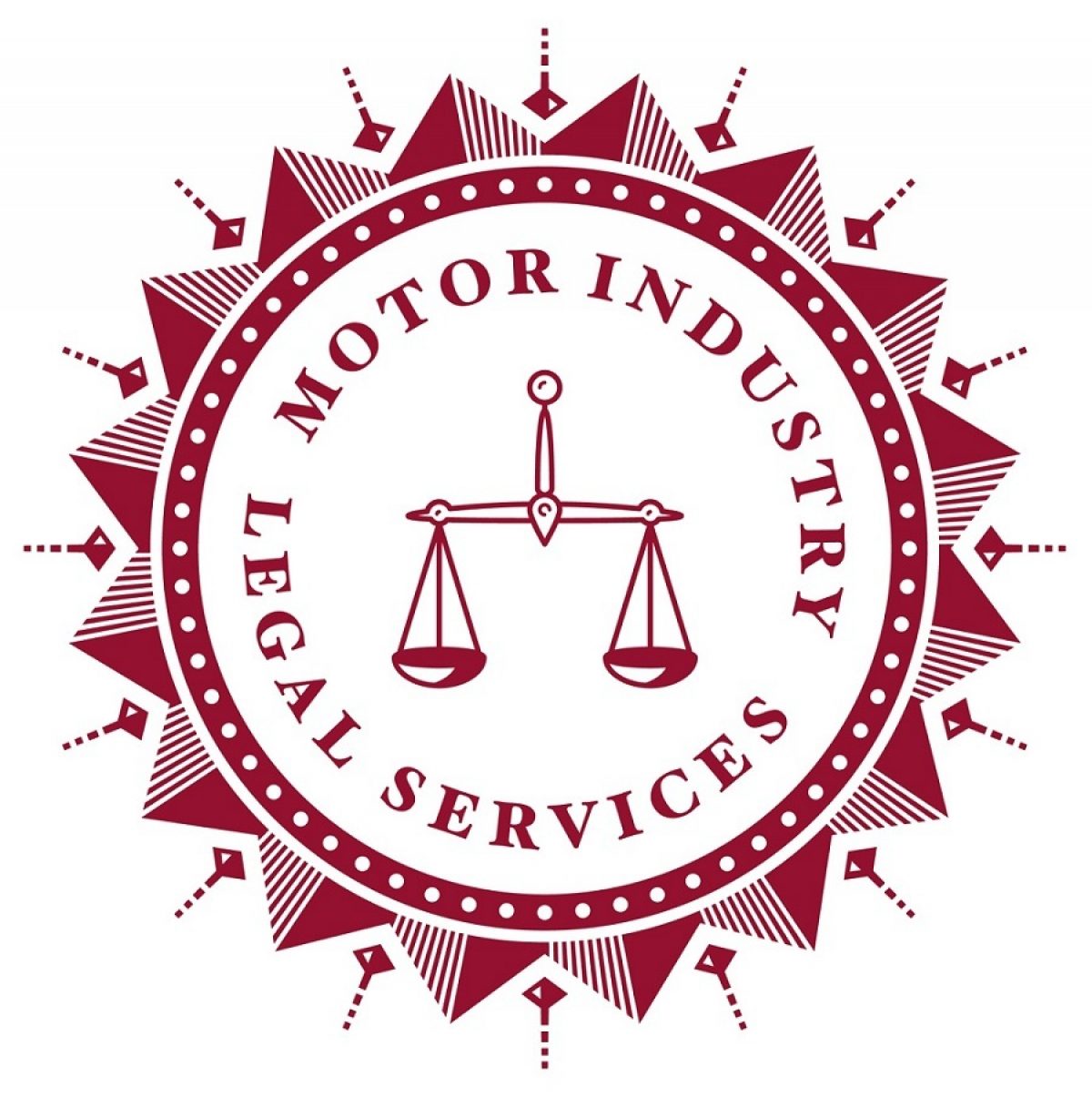
"I have had a customer use a dash camera to record my work on their vehicle. I am concerned that this might record sensitive information. Is there anything I can do to stop it”
Dashboard cameras, or ‘dash cams’ are becoming more common on our roads. Which means they are becoming more common in our garages. Garages needs to be aware of the issues raised and consider what policies to put in place in advance in order to ensure you remain on top of the issue. But what is the legal position?
The law
The use of CCTV is covered by a number of Acts of Parliament. However, most of these are designed to regulate the use of CCTV by the Government and public bodies. The main act to cover private use of CCTV is the Data Protection Act 1998 (DPA). This provides general principles that govern the collection and use of data, including CCTV Footage.
All personal data must be collected and processed in line with the DPA and the principles established under it. The collection must be:
- Fair and lawful;
- For a legitimate and define purpose; and
- Retained only as long as reasonably required.
As the controller of any system would have to comply with DPA, the Information Commissioners Office has produced a code of practice for surveillance cameras and personal information code of conduct.
Fair and Lawful
Consent is needed before any person can be recorded. Where this recording is carried out in a public place then such consent can be implied. This will not apply where any filming is carried out in an area where privacy can be expected, such as a workshop with no viewing area open to the public. For any recording to fully comply with the law then the car owner would have to post clear signs on the vehicle.
Can I Object?
In a public area, no. However, any recording on private property can be restricted by the property owner. As such, even with clear signage on the vehicle, any motor trader can limit or prohibit dash cam use on their premises.
What precautions can I take?
A basic precaution would be to inspect all vehicles for dash cams. These devices only create problems where they record information that, for whatever reason, the garage does not want to be made public.
Whilst we are yet to see any significant security problems due to dash cams, we have had several instances where staff behaviour has cause problems. This has ranged from harmless but unflattering comments about the owner to speeding during the test drive.
Where a camera is present, staff should at least be on their best behaviour!
As both the property owner and employee can withdraw such consent, businesses can put clear policies in place to prohibit and/or limit dash camera use. However, do you want to.
There are many legitimate reasons for prohibiting video recordings on your premises. These can include protecting customers’ privacy and property from damage or to protect sensitive data/security. However, customers may want to know why this was necessary and what is the business hiding.
Can I disconnect dash cams?
Yes. However, we would advise that customers are clearly advised this will happen. You also need to be careful. You will be liable for any damage to the dash cam if you are negligent. It is also important to ensure that dash cams are turned back on after the work is done. We have had incidents where accident that would have bene recorded have not been. Whilst this will not automatically result in a liability for the motor trader, it is possible and it will at least damage your reputation.
Conclusion
There is no right answer in this area. Dash cams can establish good practice and reputation but they can also result in damage to your reputation or worse. For example dash cam footage could mean that the layout/ contents of your Worksop could be put online or that alarm and security codes are recorded. There has been a case where a workshop was caught by the customer’s dash cam racing the customer’s car at speeds up to 118mph. You will need to assess the risks of cameras to your business.
Our advice is to put a clear policy in place so that staff and customer are aware of their responsibilities and what actions will be taken with regards both the presence of dash cams as well as the behaviour expected where they are present. As an RMI member you have access to the RMI Legal advice line, as well as a number of industry experts for your assistance. Should you find yourself in the situation above, contact us at any stage for advice and assistance as appropriate.
Paul Carroll, Solicitor, Motor Industry Legal Services
Motor Industry Legal Services (MILS Solicitors) provides fully comprehensive legal advice and representation to UK motor retailers for one annual fee. It is the only law firm in the UK which specialises in motor law and motor trade law. MILS currently advises over 1,000 individual businesses within the sector as well as the Retail Motor Industry Federation (RMI) and its members.
